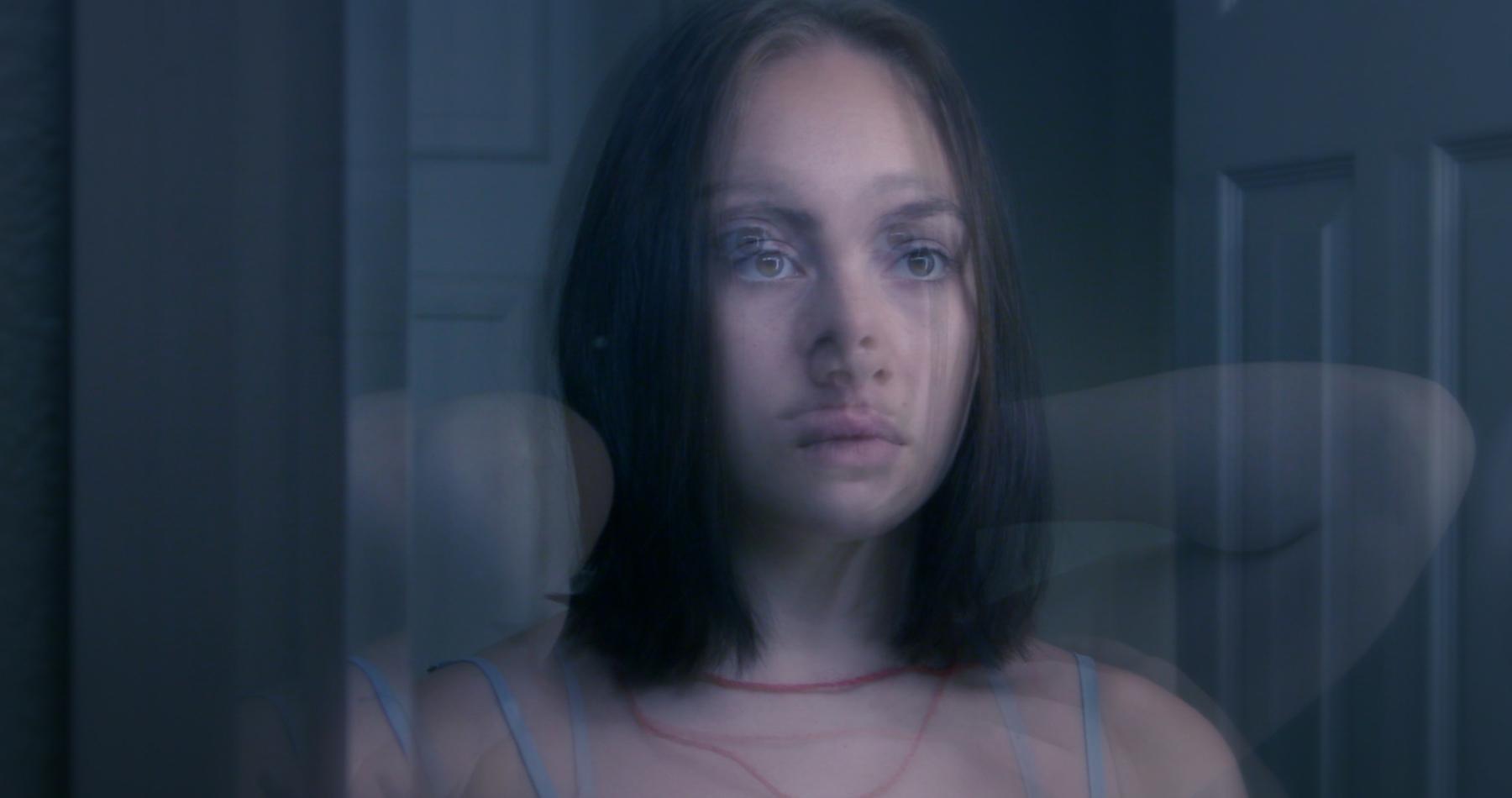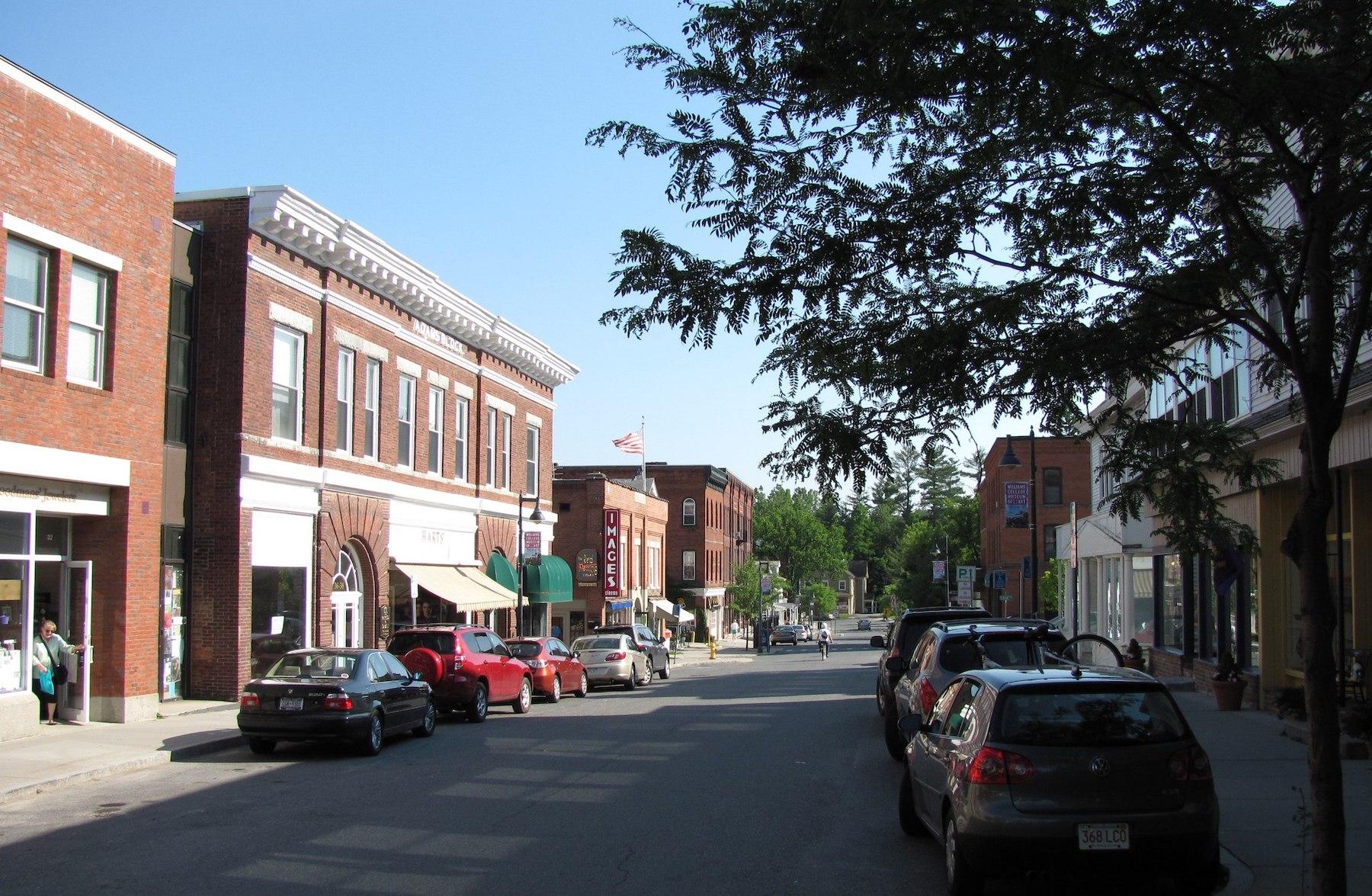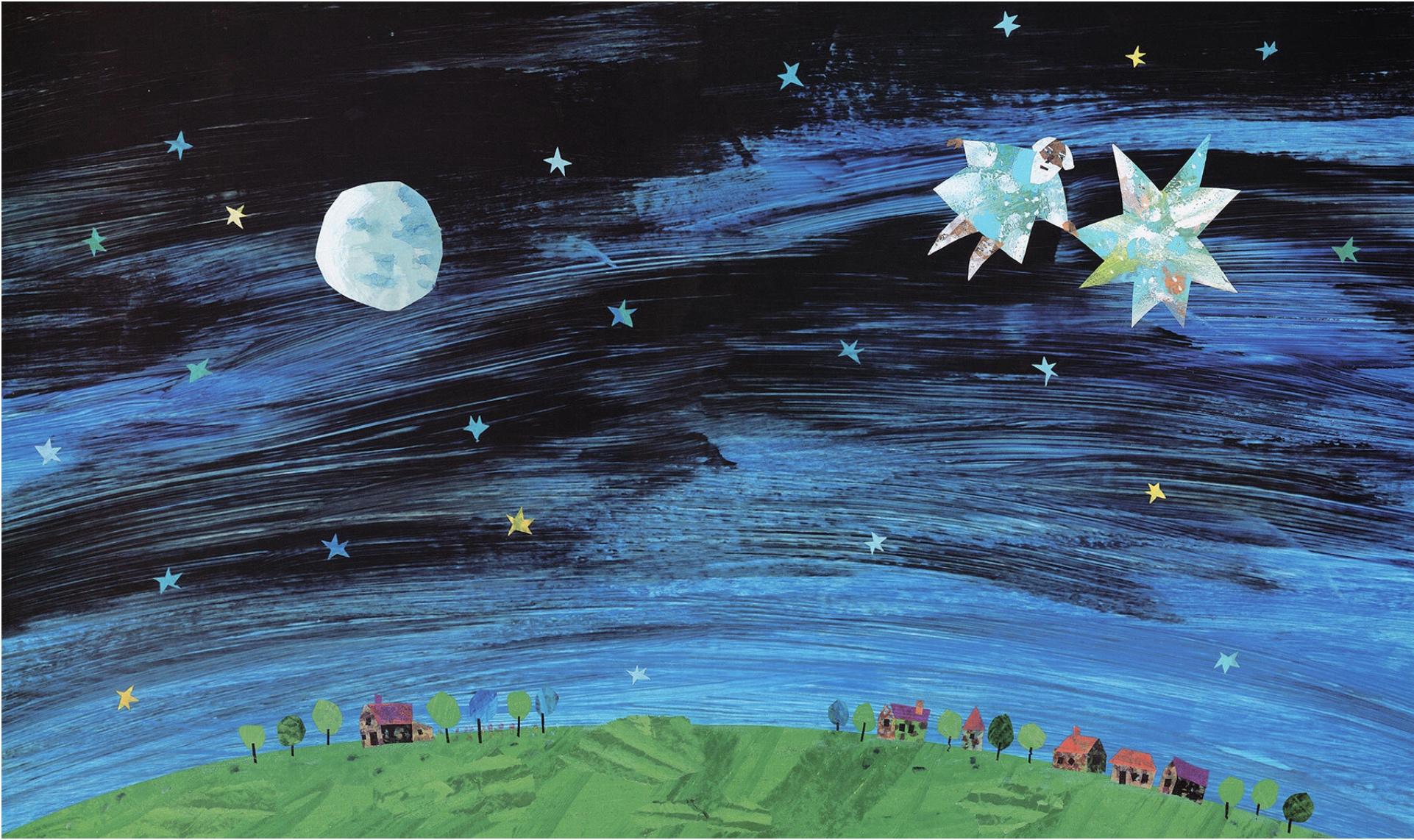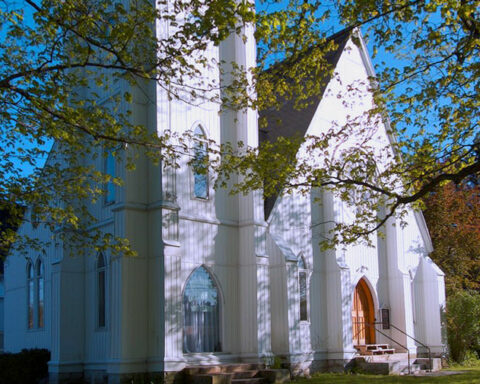Between 2000 to 2010, at least 248,000 children were married off in the United States. Legally. Like human trafficking, we assume that child marriage doesn’t happen in the United States, but rather in lesser developed countries with stricter gender laws. Every year, thousands of women and girls are forced into marriage, and yet forced child marriage isn’t talked about much.
Director and screenwriter of Knots : A Forced Marriage Story, Kate Brewer, uncovers the disturbing truth about this problem in modern America through exploring the narratives of three forced marriage survivors: Nina Van Harn, Sara Tasneem and Fraidy Reiss.
The documentary is constructed with interviews of the three women who share intimate details of their personal journey’s in escaping forced marriage to ultimately becoming human rights activists fighting to end the abuse of forced child marriage. In addition to the three women’s stories, Brewer includes interviews from advocates who are working to put an end to forced/child marriage.
Brewer doesn’t interview any of the survivor’s family members or husbands, and alternates back in forth between the three women as they talk about what led them into forced marriage, the types of families they come from and how they got out of their marriages.
Nina Van Harn is a Michigander from a conservative patriarchal family whose parents had been grooming her for marriage since she was 11 years old and was found a husband by her father at the age of 18. Sara Tasneem is a Muslim Californian married off by her father at the age of 15 to a 28-year-old man who she never met before, and Fraidy Reiss was raised in an ultra-Orthodox Jewish family from Brooklyn who was forced into an arranged marriage at 19.
Reiss is founder of the non-profit organization, Unchained at Last, which aims to support women who wish to leave arranged and forced marriages. Reiss started Unchained at Last after learning more about the widespread issue of child marriage and wanted to offer legal assistance to women who wanted to leave, or resist forced marriages and rebuild their lives.
The majority of child marriages in the United States are between teenaged girls and older men. The age of consent to marry in the United States is generally 18, but 25 states have no minimum age to marry and offer statutory exceptions that apply if there is parental consent or a judge that approves of the marriage.
Before getting married, many of these young women had little interaction with men and weren’t given a proper education on reproduction rights. From a young age, Reiss recalls learning only how to sew, cook, and pray so she could fulfill her future role as a wife and mother.
Not only is forced child marriage a hidden human rights problem but also a gender violence issue. Van Hart said she felt like her body was prison warden for her husband after she got pregnant and ended up filing a restraining order against him and left the community with her children, whereas Tasneem was already pregnant by the time she married her husband and gave birth twice. It took her three years to get a divorce while also continuing to study in high school.
All three women were expected to get pregnant right away and couldn’t leave their husbands or move back home. Some were shunned from their communities if they were to divorce their husbands, and some were turned away by shelters if they tried to run away from home.
Brewer proves that forced child marriages are happening right here and right now and are more common than most people know. Brewer crafts a documentary that not only educates people more on the topic of force/child marriages, but also uses the women’s escapes and stories to create a potent call to action, to change laws and attitudes concerning women’s rights and to assert why every woman must have agency over her own life.
















